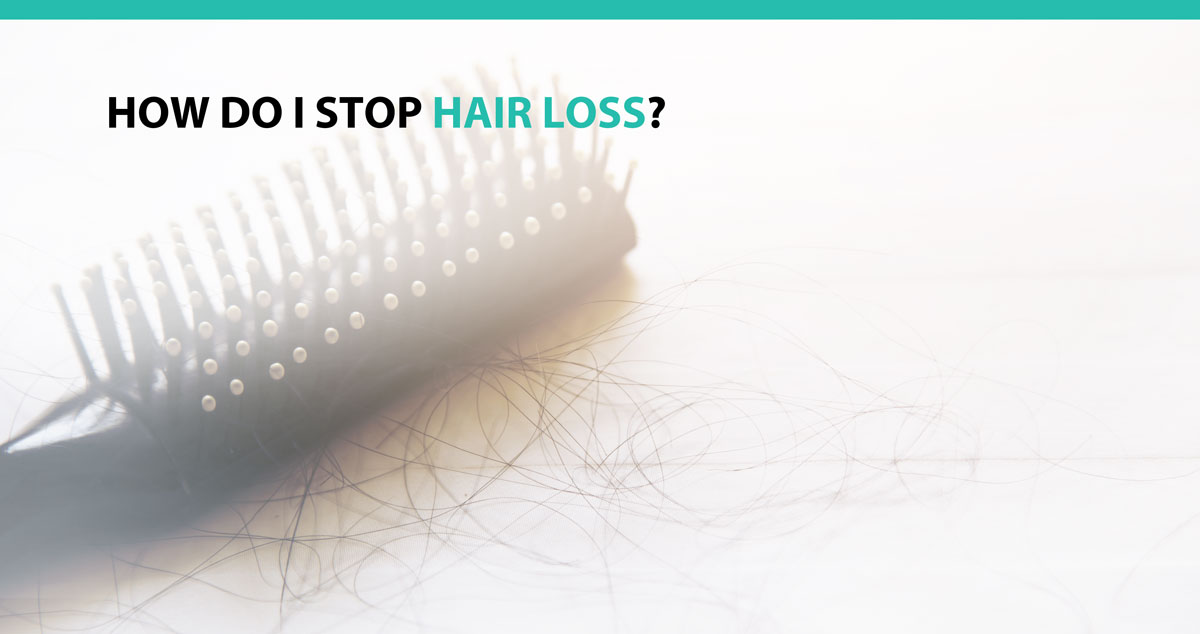
Losing your hair can negatively affect your self-confidence and cause you to feel stress. You’ll probably try to cover up your hair loss by styling it differently, or you might simply decide to live with it, even if it damages your self-esteem.
It’s better to take action and learn the cause of your hair loss as well as possible solutions. And the sooner you start the process of stopping hair loss and regrowing your hair, the better, especially since it often takes several months to see meaningful results.
Get started on stopping your hair loss by making an appointment with Dr. Joseph Williams, Medical Director of the Advanced Medical Hair Institute. He’ll perform a thorough examination to determine the cause of your hair loss, which is the first step in stopping it. Next, he’ll recommend the most effective treatment based on factors including the cause of your hair loss and how extensive it is.
How Do I Stop Hair Loss?
Hair loss can be caused by a wide variety of issues, including male pattern baldness, alopecia areata (a disease that causes your body’s immune system to attack your hair follicles), vitamin or mineral deficiencies, and the use of certain medications.
Once Dr. Williams has determined the likely cause of your hair loss, he’ll develop a treatment plan to stop it and to start regrowth. This may include the following:
- Changing your diet – Hair loss can be caused by a deficiency of protein in your diet, so you may need to increase the amount of protein in your diet. This problem is more likely if you’re a vegan or vegetarian.
- Taking vitamin or mineral supplements – If you’re not getting enough of certain vitamins, including A, B, C, D, and E, or minerals such as iron or zinc, you may need to take supplements to help stop hair loss. Some supplements, such as Viviscal, are specifically designed to promote hair growth, but they’re often more effective when used as a preventative measure.
- Hair loss medication – Finasteride is a topical or oral medication that can treat hair loss related to male pattern baldness. It works by blocking the androgen responsible for this issue. Minoxidil, which is foam or topical medication, may also be used alone or in combination with finasteride. It promotes blood circulation to your follicles, making your hair shaft stronger and wider.
- Low level laser therapy (LLLT) – Safe and painless lasers increase blood flow and nutrition to help improve thinning hair and prevent future hair loss. This treatment can be used with or without hair transplants.
- Hair transplants – Dr. Williams offers two different hair transplant procedures – Follicular Unit Excision (FUE) and Follicular Unit Transfer Process (FUT). FUT is generally recommended for more advanced hair loss, and Dr. Williams is extremely skilled and experienced in performing both procedures.
The Next Step
If you’re experiencing hair loss, schedule a consultation with Dr. Williams. Receiving treatment earlier rather than later gives you the best possible chance of stopping your hair loss and regrowing new hair.










